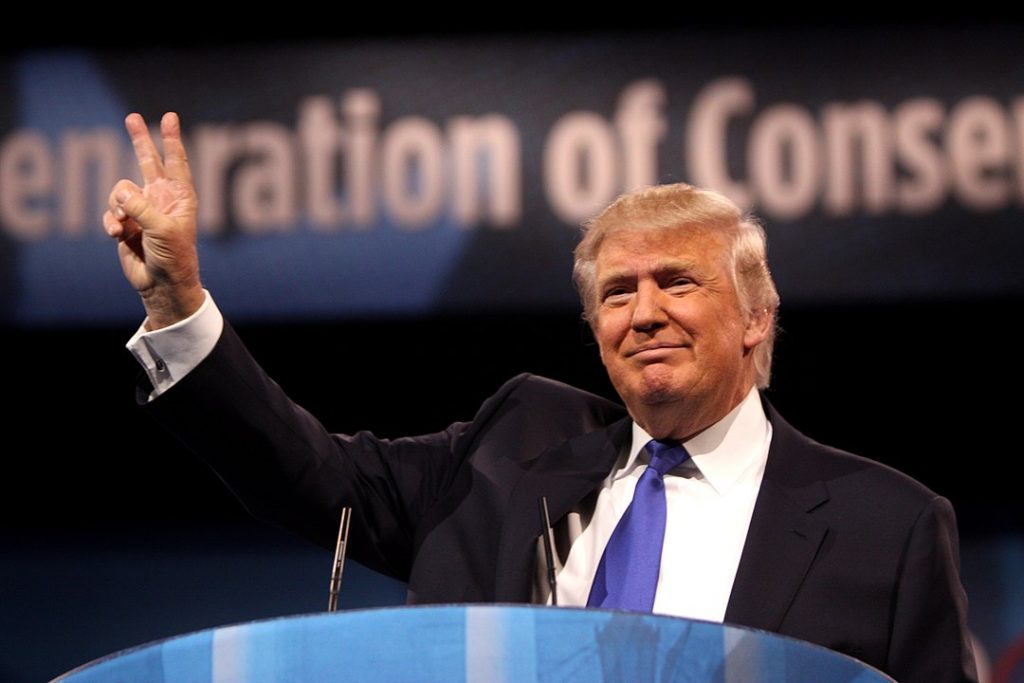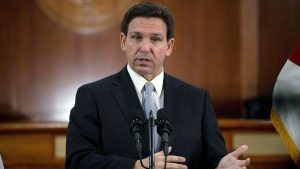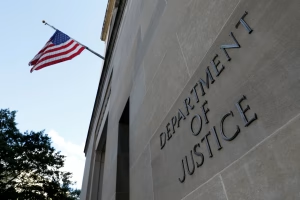Trump Files $10 Billion Lawsuit Against CBS Over "60 Minutes" Interview
Former President Donald Trump has launched a $10 billion lawsuit against CBS News, accusing the network of manipulating a recent "60 Minutes" interview with Vice President Kamala Harris to present her in a favorable light. The suit, filed on Thursday in the U.S. District Court for the Northern District of Texas, claims CBS engaged in "partisan and unlawful acts of election and voter interference through malicious, deceptive, and substantial news distortion." Trump's legal team argues that CBS used its platform to obscure Harris's "word salad" responses and contends that the segment transitioned from "responsible reporting to deceitful manipulation."
In response, a CBS spokesperson told The Hill on Thursday evening that Trump's claims lack merit, stating, “The interview was not altered; 60 Minutes did not conceal any part of the Vice President’s response to the relevant question.” CBS emphasized that the segment was edited for clarity and accuracy, as is standard practice, and assured that it aimed to inform rather than mislead the audience. "Trump’s lawsuit against CBS is entirely without merit, and we will mount a vigorous defense," the spokesperson added.
Focus on the Harris Interview and Trump’s Response
The lawsuit centers on the October interview with Vice President Harris, particularly a response she gave regarding the conflict in Gaza, which aired online but was omitted from the televised broadcast. Trump's allies argue that this selective editing concealed Harris's “shortcomings” and compromised journalistic integrity. CBS clarified that prominent interviews are commonly edited to meet broadcast standards, balancing clarity, accuracy, and time limitations. Trump himself had initially agreed to an interview with "60 Minutes" but later withdrew, allegedly in response to the network’s intention to fact-check his statements.
For weeks, Trump and his supporters have been vocal about CBS’s alleged bias, claiming that “60 Minutes” unfairly manipulated Harris’s responses to present a favorable narrative. Trump recently hinted at legal action, going so far as to suggest that CBS “should lose their license and take '60 Minutes' off the air.”
Related: Donald Trump calls Elon Musk ‘Leon’
Strategic Venue and Judge Assignment
Trump’s legal team chose to file the case in federal court in Amarillo, Texas, where cases are assigned to U.S. District Judge Matthew Kacsmaryk, a Trump appointee. Judge Kacsmaryk, who has gained prominence as a preferred judge for Republican-led lawsuits, previously ruled to suspend federal approval of the abortion pill mifepristone—a decision later overturned by the Supreme Court—and reinstated Trump’s “Remain in Mexico” asylum policy in 2021. This strategic choice could benefit Trump as Kacsmaryk’s rulings have often aligned with conservative viewpoints.
CBS’s Legal Defense and Broader Implications
CBS’s legal defense strategy centers on the argument that broadcast editing practices are standard and lawful. Media experts note that broadcast networks routinely edit interviews for time constraints and content coherence, especially with high-profile figures. The Harris interview followed typical editing practices, with CBS releasing the full version online for transparency. This approach aligns with CBS’s assertion that the segment aimed to accurately inform, not mislead, the audience.
Trump’s lawsuit against CBS joins a series of legal threats he has directed at mainstream media outlets, often targeting them for coverage he views as biased. His relationship with the press has been consistently contentious, and this suit amplifies his frequent claims that media coverage unfairly influences public opinion and election outcomes.
Broader Political Context
Trump’s lawsuit comes at a politically sensitive time, as he prepares for a potential rematch against Vice President Kamala Harris, who remains a leading figure in the Biden administration. Accusations of media bias and manipulation have become a central theme in Trump’s campaign rhetoric. By pursuing legal action, he aims to cast further doubt on the credibility of traditional media, framing his lawsuit as part of a broader effort to combat perceived media biases.
The outcome of this lawsuit could have implications for media practices, particularly around how news outlets edit and present political interviews. As CBS prepares its defense, the case may set a precedent for how courts evaluate claims of news manipulation and the fine line between editing for clarity and alleged distortion. The case is filed as Trump v. CBS News in the U.S. District Court for the Northern District of Texas, case number yet to be assigned.





















